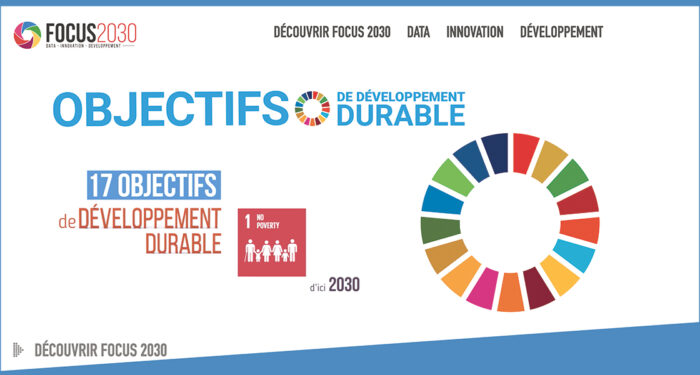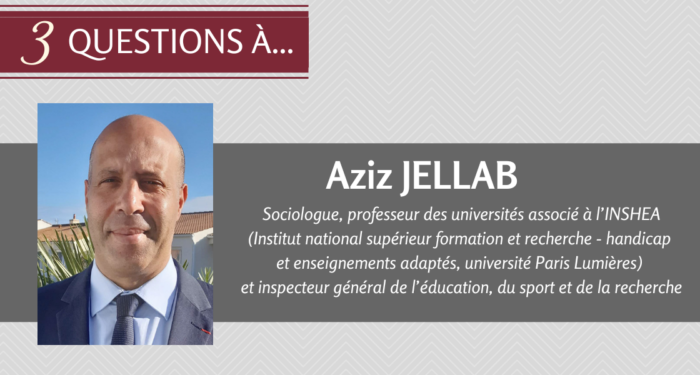Everyone agrees that poverty is dreadful and that its eradication should be a top priority. Yet while knowledge is recognized to be the greatest form of wealth for today’s societies, enormous inequalities are developing not just in financial terms but also in access to knowledge.
Xavier Godinot sets out here to show that there are different sorts of knowledge: theoretical knowledge, which is often the most highly valued -and is indeed the basis for a process of segregation- but also knowledge related to living and acting, not to mention spiritual knowledge, which is probably shared more equitably but which is harder to express, recognize and turn to good account.
The fight against poverty cannot be limited to efforts that allow a few to escape from want while others are relegated to the categories of disabled and unemployable. Nor cannot it succeed by relying on pseudo-training courses in which noble “manipulators of symbols” claim to instruct the poor, or by maintaining a two-tier system of training and job placement that merely reinforces inequalities, especially given that the educational system cannot on its own remedy the differences in family background.
Echoing the philosopher Michel Serres, Godinot stresses that “the fight against poverty and social exclusion does indeed involve the acquisition of knowledge […] but it is above all about recognizing kinds of knowledge that are not valued”, especially the kinds of knowledge related to living and acting that poor people have, and which need to be linked with theoretical types of knowledge.
Using as an example the experience gained in the “Quart Monde Université” programme, Godinot shows how it is possible, by bringing together poor people, social workers and academics against a background of mutual respect, for everyone to learn from everyone else and for the whole group to make progress – progress towards greater understanding of the processes whereby people become poor and excluded; progress towards the process of empowering the least fortunate in society.
Xavier Godinot is thus not content with denouncing poverty; he describes here a promising way forward based not on aid but on partnership, a partnership that ultimately enriches everyone involved, from the richest to the poorest.
Savoirs libérateurs et savoirs oppressifs
Cet article fait partie de la revue Futuribles n° 262, mars 2001



